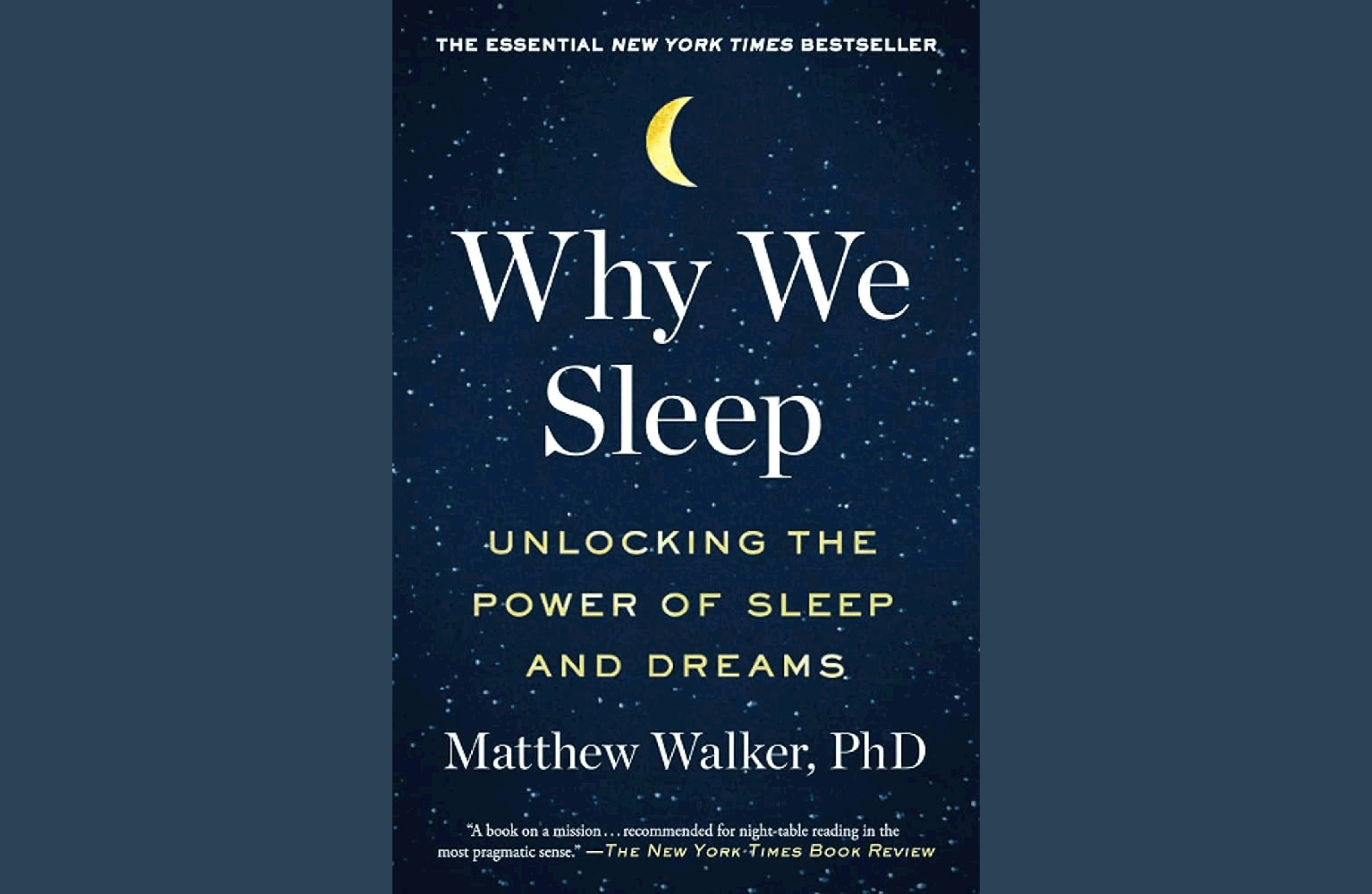The Truth About the Best Stress Reduction Techniques
Discover the best stress reduction techniques from an entrepreneur with 49 years of experience. Learn how to manage stress through sleep, movement, mindful eating, journaling, and breathwork. Includes a 30-day stress reduction plan.

After decades of entrepreneurship—spanning four countries, countless businesses, and raising a family—I’ve learned one essential truth: stress is inevitable, but suffering is optional.
Being a CEO, founder, or entrepreneur is a rollercoaster ride, and stress is part of the deal. But managing that stress is the key to success. Over the years, I’ve tested hundreds of approaches to reduce stress. Some worked wonders; others were quick fixes that didn’t last.
I’ve discovered that lasting stress reduction comes from simple, daily lifestyle habits. Below are my top five techniques for managing stress—habits that have transformed my life and work.

1. Sleep Is Non-Negotiable
Sleep is the foundation of everything. Without quality rest, I’m impatient, unfocused, and less resilient to challenges.
These days, I’m in bed before 10 p.m. and wake naturally around 7 a.m. That consistency helps me manage my energy levels. Tracking my sleep with an Oura ring has helped me better understand my circadian rhythm—when my body naturally wants to wake, sleep, and perform at its best.
When I prioritize sleep, everything else flows better: my creativity, mood, and ability to handle stress.

2. Movement Is Medicine
Exercise isn’t just about physical health — it’s one of the best mental stress relievers.
I start stretching and yoga every morning to get my blood flowing and wake up gently. Throughout the week, I aim to walk or run 40 kilometers.
One of the easiest ways to fit movement into a busy schedule is to take short walks throughout the day. You can even take phone calls or listen to a podcast while walking.
I’ve found that a 20-minute walk after dinner clears my head, aids digestion, and prepares me for a restful night’s sleep.
3. Eat to Nourish, Not Punish
At my age, I’ve learned it’s not just what you eat but also how much.
I follow a two-meal-a-day plan, skipping breakfast to give my body time to reset. I avoid sugar, alcohol, and processed foods, focusing instead on whole, plant-based meals.
One of my favorite reminders comes from Michael Pollan:
“Eat food. Mostly plants. Not too much.”

4. Journaling for Mental Clarity
Writing is one of the most straightforward yet powerful tools I’ve found for stress reduction.
Each morning, I journal—sometimes a page, sometimes just a word. Writing helps me clear the mental fog and set my intentions for the day.
5. Breathwork and Meditation: The Hidden Superpower
Breathwork is one of the quickest ways to calm the nervous system and switch your body from fight-or-flight to restorative mode.
I’ve tried many techniques, but coherent breathing works best for me:
- Inhale for 6 seconds.
- Exhale for 6 seconds.
After the breath work, I recommend transitioning straight into an open meditation. Ahh, so peaceful!
Your 30-Day Stress Reduction Plan: Transform Your Life in One Month
Here’s a simple 30-day plan based on my core stress reduction techniques. Commit to these habits, and by the end of the month, you’ll notice a significant difference in your well-being.
Week 1: Prioritize Sleep and Movement
The first week is about laying the foundation for stress reduction through better sleep and movement.
Day 1: Set a consistent bedtime (before 10 pm).
Day 2: Start your day with 5 minutes of stretching or yoga.
Day 3: Take a 20-minute walk after dinner to clear your mind.
Day 4: Track your sleep patterns using a wearable or journal.
Day 5: Reduce screen time an hour before bed.
Day 6: Add an extra 10-minute walk to your day.
Day 7: Reflect on your energy and mood improvements over the week.
Week 2: Focus on Mindful Eating
In Week 2, we will examine diet and nutrition, which are significant in mental clarity.
Day 8: Skip breakfast and try a two-meal plan (first meal at noon).
Day 9: Cut out sugar and processed foods for the day.
Day 10: Increase your intake of fresh vegetables and whole foods.
Day 11: Practice mindful eating — no distractions, focus on your food.
Day 12: Reduce or eliminate alcohol intake.
Day 13: Try a new healthy recipe that uses whole, natural ingredients.
Day 14: Journal how your body feels after a week of healthier eating.
Week 3: Build Mental Clarity Through Journaling and Breathwork
This week is all about clearing mental clutter and calming your nervous system.
Day 15: Journal in the morning — write one word or a whole page.
Day 16: Try box breathing (inhale 4 seconds, hold 4 seconds, exhale 4 seconds, hold 4 seconds) for 5 minutes.
Day 17: Journal about a current stressor — get your thoughts out of your head.
Day 18: Practice coherent breathing (inhale 6 seconds, exhale 6 seconds) for 10 minutes.
Day 19: Re-read your journal entries from the past week and reflect on patterns.
Day 20: Take a social media detox for 24 hours.
Day 21: Journal on this prompt: “What can I let go of to reduce stress?”
Week 4: Deepen Your Meditation Practice
In the final week, focus on meditation and reflection to solidify your new habits.
Day 22: Try a 5-minute guided meditation (use an app like Calm or Insight Timer).
Day 23: Do breathwork before bed to improve sleep quality.
Day 24: Meditate for 10 minutes in silence. Focus on your breath.
Day 25: Journal about a recent challenge you overcame.
Day 26: Go for a 20-minute “walking meditation” — walk in silence and observe your surroundings.
Day 27: Reflect on how you’ve transformed since Day 1.
Day 28: Create a personalized stress reduction routine based on what worked best for you.
Day 29: Meditate on this quote:
"You are the stillness beneath the mental noise." — Eckhart Tolle
Day 30: Celebrate your progress. Treat yourself to something joyful!
Bonus: 3 Life-Changing Books to Deepen Your Stress Reduction Journey
Here are three books that have had a profound impact on my stress management:
📚 1. "The Daily Stoic" by Ryan Holiday
A daily guide to building resilience and managing life’s challenges through timeless Stoic wisdom.
📚 2. "Why We Sleep" by Matthew Walker
An essential read on how sleep impacts every aspect of your health and well-being.
📚 3. "Breath: The New Science of a Lost Art" by James Nestor
It is a fascinating exploration of how proper breathing can transform physical and mental health.
Final Thought
Stress will always be part of life — especially if you're an entrepreneur or CEO. But with the right tools, it doesn’t have to control you.
Explore what works for you, stay curious, and commit to your well-being. Remember, to transform your business, you must first transform yourself.
The journey starts today.




